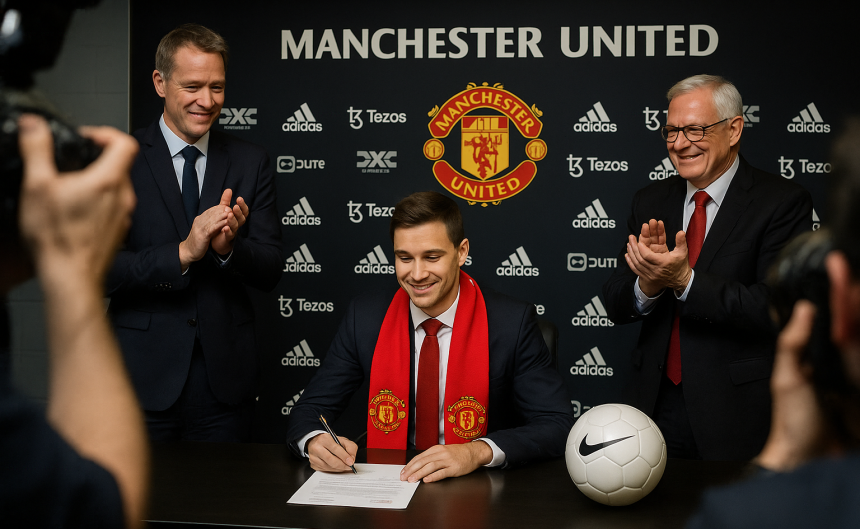When Manchester United broke the bank to sign Alexey Frolov from Arsenal in June 2040, the football world stood still. The £236 million deal, potentially rising to £264 million, remains the most expensive transfer in Premier League history. For many, the move was a symbol of financial power; for others, it was a gamble on a forward who had shown flashes of brilliance but was not yet proven as a global superstar.
Frolov’s career trajectory before the transfer offered promise. Having emerged at Benfica, where he won the Portuguese league and cup in 2037, he joined Arsenal for £40.5 million and became a reliable performer. In North London he made 84 league appearances, scoring 23 goals, and was part of the side that lifted the FA Cup in 2038. By the time United moved in, his mix of creativity, finishing and versatility had marked him as one of Europe’s most complete forwards.
At Old Trafford, Frolov’s impact was immediate but not explosive. Over eleven seasons, he has made more than 300 Premier League appearances, scoring 104 goals. His best campaigns saw him break double figures consistently, but never threaten the dominance of the league’s elite strikers. In terms of silverware, he has contributed to United’s FA Cup win in 2049, a Carabao Cup triumph in 2041, and the Community Shield in 2049. Yet, despite his consistency, the club has not always translated his presence into league titles or Champions League dominance.
Financially, the record-breaking fee has long been debated. Was £236 million justified for a player whose statistical output—averaging under ten league goals a season—rarely matched the astronomical valuation? On one hand, Frolov brought stability, intelligence, and longevity, qualities that kept him in United’s starting line-up well into his thirties. On the other, critics argue that for such a figure, United needed a transformational player who defined an era, not merely enhanced it.
Frolov’s legacy is likely to be measured in shades of grey. He is undoubtedly one of the finest forwards of his generation: a Ukrainian international with 87 goals in 153 caps, a multiple domestic cup winner, and a player who maintained elite-level performance for two decades. But was he the face of United’s dominance? The numbers suggest not. Instead, he was a symbol of football’s inflationary market, a deal where financial muscle outweighed competitive necessity.
Ultimately, the Frolov transfer will be remembered less for spectacular highs and more for its sheer magnitude. It showed how far the Premier League was willing to push financial boundaries. Frolov delivered quality and consistency, but whether he delivered £236 million worth of impact is a question that will remain open in debates for years to come.
